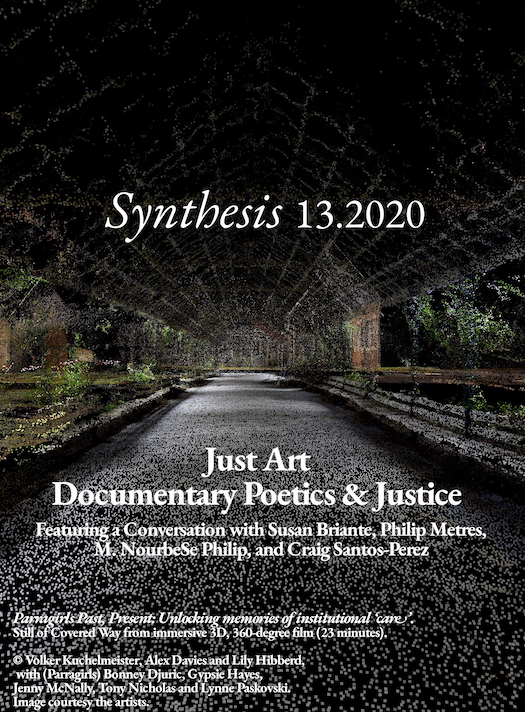Out of Bounds: Confronting War Crimes and the Breakdown of Justice with Contemporary Art

Abstract
Recent art has turned to judiciary and extra-judiciary practices, specifically in the context of international conflicts, in order to assert art’s political accountability and relevance to our capacity to historicise the present. The war in Iraq inspired works that directly address issues of representation and remediation, such as Marc Quinn’s Mirage (2008), in which the aesthetic experience opens onto an ambiguous experience of the breakdown of justice. Other works have chosen to turn carceral space itself into the site of a collective remembering that harnesses affect to a critical reflection on the administration of justice, on assent and dissent. This article will turn to key works by Marc Quinn and Trevor Paglen that confront extra-judiciary malpractices, but also to recent collective art projects involving an interdisciplinary take on the experience of imprisonment, such as Inside. Artists and Writers in Reading Prison (2016), in which artists of all backgrounds responded to Oscar Wilde’s De Profundis on the very premises of Wilde’s incarceration, as well as the work of 2019 Turner Prize co-recipient: Jordanian sound artist Lawrence Abu Hamdan whose recent works rely on testimonies from Syrian detainees and probe the political pragmatics of aural art. All these works have turned to the document—literary, visual, aural—to reflect on the process of experiential mediation. How does the experience of imprisonment, or extra-judiciary malpractices, come to the spectator? How are they read, heard, interpreted, remediated? The article ponders the remediation and displacement of aesthetic experience itself and the “response-ability”—following Donna Haraway’s coinage—of such a repoliticised embodied experience. It will assess the way by which such interdisciplinary works rethink the poetics of the documentary for an embodied intellection of justice—and injustice—in the present.
Article Details
- Section
- Articles

This work is licensed under a Creative Commons Attribution 4.0 International License.
The copyright for articles in this journal is retained by the author(s), with first publication rights granted to the journal. By virtue of their appearance in this open access journal, articles are free to use with proper attribution. Synthesis retains the worldwide right to reproduce, display, distribute, and use published articles in all formats and media, either separately or as part of collective works for the full term of copyright. This includes but is not limited to the right to publish articles in an issue of the Journal, copy and distribute individual reprints of the articles, authorize reproduction of articles in their entirety, and authorize reproduction and distribution of articles or abstracts thereof by means of computerized retrieval systems.



